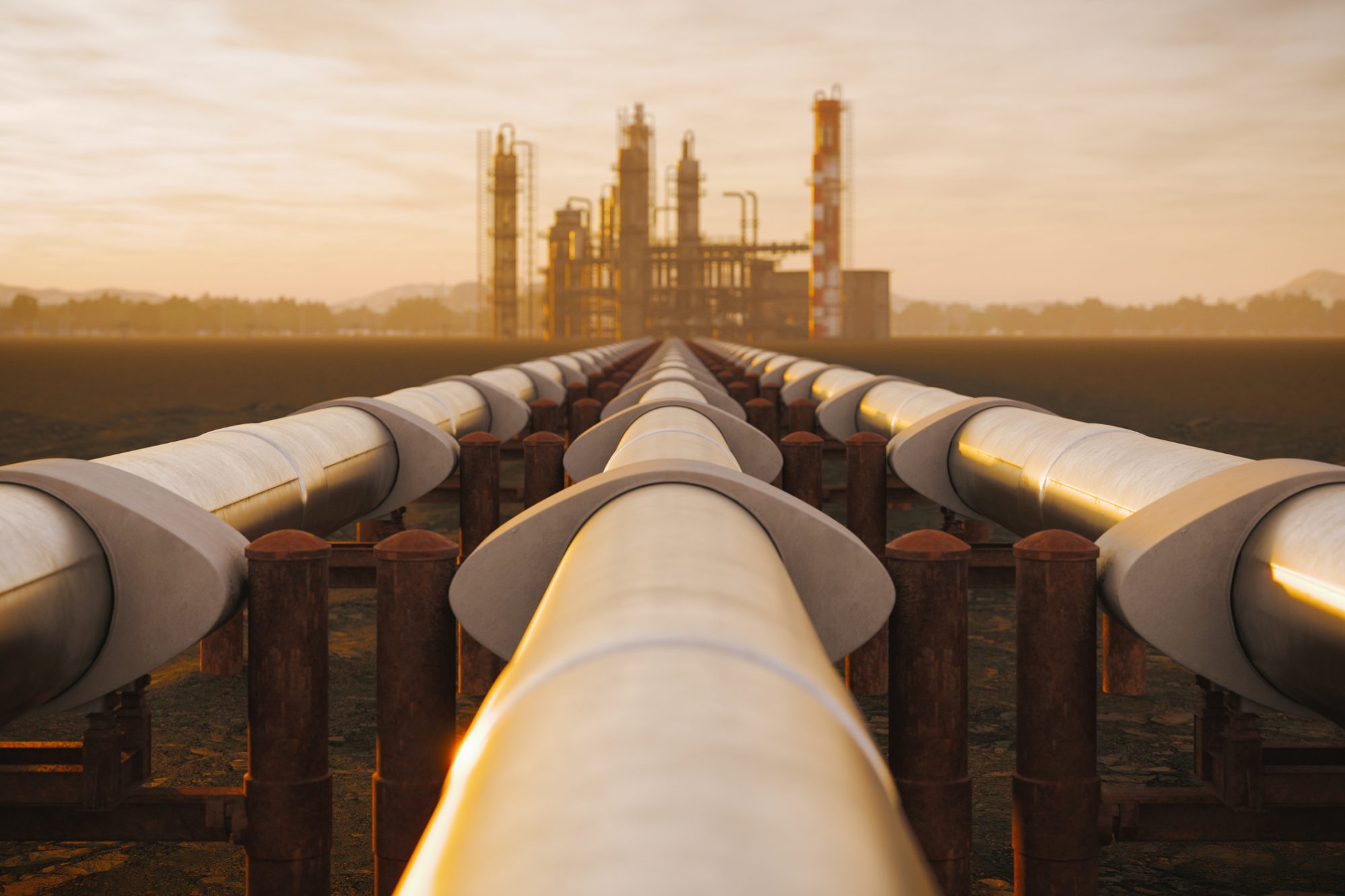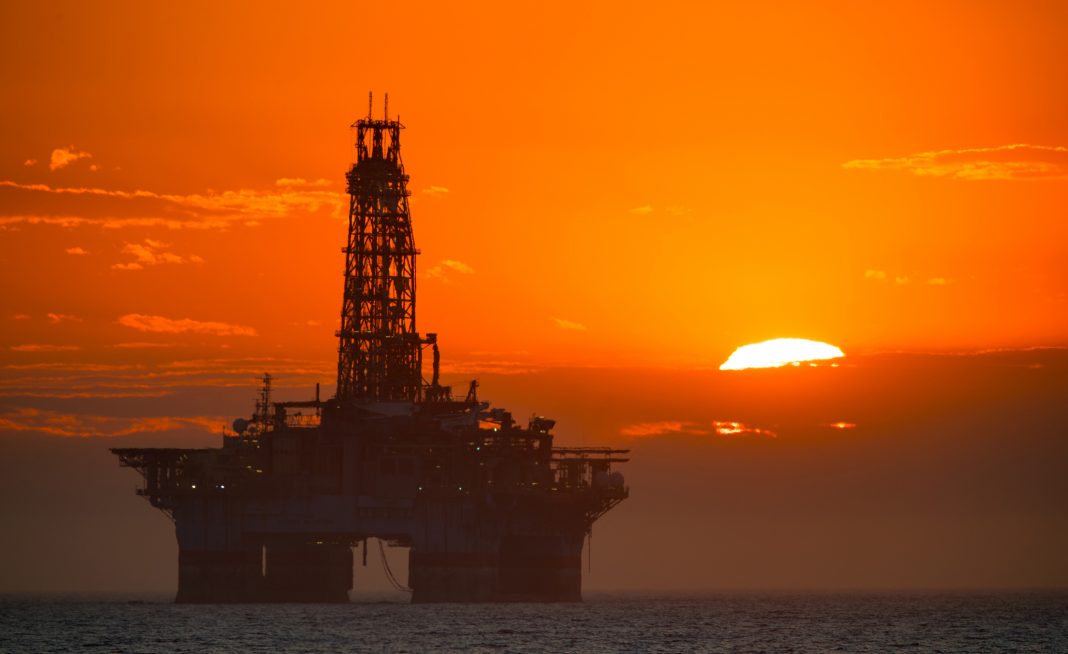The UK has granted hundreds of North Sea oil and gas licenses to ‘reduce reliance on hostile states’ and enhance energy security, but critics note this move is not only bad for the environment, but also will not change British oil and gas for the better
In an attempt to grant the UK energy security, and reduce dependence on higher-emission imports, the UK Prime Minister Rishi Sunak has decided to fast forward North Sea oil and gas licenses across Scotland and the Humber.
Expected to protect more than 200,000 jobs in the energy industry, this plan comes with its own set of controversies as only 20% of the oil pumped from the North Sea will remain in the UK – and it comes at an extreme cost to the environment also.
North East Scotland and the Humber chosen for two new carbon capture usage and storage clusters
Projects have been confirmed in North East Scotland and in the Humber as the third and fourth carbon capture usage and storage clusters in the UK.
Together, with the previous two clusters, these four clusters will build a new carbon capture usage and storage industry and will greatly rely on the North Sea for CCUS technology with up to £20 billion in funding from private investment.
Controversy around Rishi Sunak as he aims “max out” developments in North Sea
This plan comes at a cost as damage from fossil fuels are brought into question, as Rishi Sunak has planned to “max out” the UK’s oil and gas reserves while revealing his plan for intensive North Sea drilling, which experts said could be ‘catastrophic’ for the climate.
British oil and gas are also sold on the international market at global prices, meaning there will be no discounts on offer for home gas anyway. Critics note how the UK will be extracting more oil than is needed.
The UK will be extracting more oil than is needed
Finally, most oil and gas enters the UK through underground pipelines, and these North Sea oil and gas licences do not actually guarantee energy security as they wouldn’t be producing anything for two decades.
The new round of North Sea oil and gas licences will also allow for drilling closer to existing projects than previously allowed – something Sunak’s press secretary said was intended to maximise the amount that could be extracted.
Environmental groups said Sunak’s plan would “send a wrecking ball” through climate commitments.
Does the UK need more North Sea oil and gas extraction?@C4Ciaran digs deeper into Rishi Sunak’s decision to grant new North Sea oil and gas licences. pic.twitter.com/DnubchMTyu
— Channel 4 News (@Channel4News) July 31, 2023
“Reducing” the reliance on hostile states
With the independent Climate Change Committee predicting around a quarter of the UK’s energy demand will still be met by oil and gas when the UK reaches net zero in 2050, the Government has noted how it is ‘taking steps to slow the rapid decline in domestic production of oil and gas, which will secure our domestic energy supply and reduce reliance on hostile states.’
However, only 4% of gas in the UK is supplied by Russia. Most of British gas imports come from Norway – implying the costs of UK gas will not go down regardless of where they come from, as the price is set by global market traders, and not Russia.
Only 4% of gas in the UK is actually supplied by Russia
“Even when we’ve reached net zero in 2050, a quarter of our energy needs will come from oil and gas”
Sunak has noted this move on UK’s oil and gas industry are going to be vital to ‘realise our net zero target’, like carbon capture usage and storage.
UK Prime Minister Rishi Sunak said: “We have all witnessed how Putin has manipulated and weaponised energy – disrupting supply and stalling growth in countries around the world.
“Now more than ever, it’s vital that we bolster our energy security and capitalise on that independence to deliver more affordable, clean energy to British homes and businesses.
“Even when we’ve reached net zero in 2050, a quarter of our energy needs will come from oil and gas. But there are those who would rather that it come from hostile states than from the supplies we have here at home.
“We’re choosing to power up Britain from Britain and invest in crucial industries such as carbon capture and storage, rather than depend on more carbon intensive gas imports from overseas – which will support thousands of skilled jobs, unlock further opportunities for green technologies and grow the economy.”

A pre-determined partnership between the Government and the North Sea Transition Authority
The Government and the North Sea Transition Authority (NSTA) have announced a joint commitment to undertake future licensing rounds, which will continue to be subject to a climate compatibility test.
The NSTA – responsible for regulating the oil, gas and carbon storage industries – is currently running the 33rd offshore oil and gas licensing round.
The first of the new licences are predicted to be given in the autumn, with the round expected to award over 100 licences in total.
This comes as new analysis released by the NSTA today shows that the carbon footprint of domestic gas production is around one-quarter of the carbon footprint of imported liquified natural gas.
“The North Sea is at the heart of our plan to power up Britain”
Energy Security Secretary Grant Shapps added: “In the wake of Putin’s barbaric invasion of Ukraine, our energy security is more important than ever. The North Sea is at the heart of our plan to power up Britain from Britain so that tyrants like Putin can never again use energy as a weapon to blackmail us.
“Today’s commitment to power ahead with new oil and gas licences will drive forward our energy independence and our economy for generations. Protecting critical jobs in every region of the UK, safeguarding energy bills for British families and providing a homegrown fuel for our economy that, for domestic gas production, has around one-quarter the carbon footprint of imported liquified natural gas.
“Our next steps to develop carbon capture and storage, in Scotland and the Humber, will also help to build a thriving new industry for our North Sea that could support as many as 50,000 jobs, as we deliver on our priority of growing the economy.
“The Prime Minister has also tasked the relevant Government departments and regulators to work collaboratively and report back by the end of the year on how we can make the best use of our offshore resources in a truly integrated way as we unlock CCUS and hydrogen opportunities in the North Sea.”











